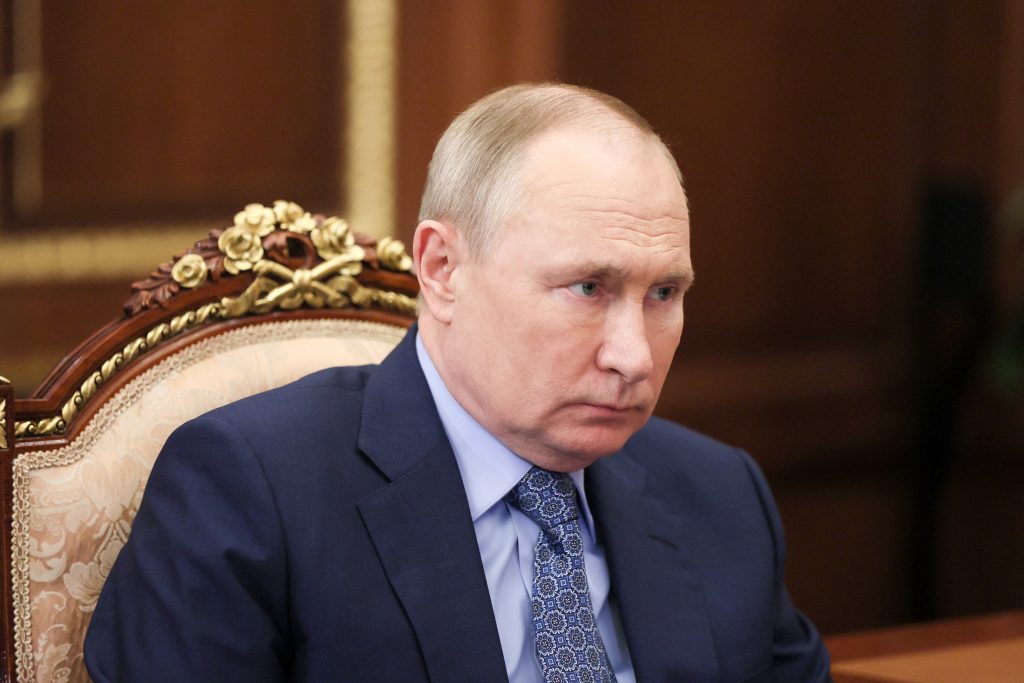Russian citizens are at increased risk of repression and state control after the Russian parliament approved a law that clamps down further on government opponents and critics.
The bill – called 'special economic measures' – came at the Kremlin's request, and includes legislation that broadens the definition of treason and imposes further restrictions on so-called 'foreign agents', a category used to silence critics and independent voices in Russia.
After Russia's invasion of Ukraine, the Kremlin passed a law that imposes a sentence of up to 15 years in prison for anyone who publishes 'fake news' about the war. These measures now appear to have increased.
Related News
- Russia's richest man fights off Western sanctions
- Tackling world hunger: Progress undone as food insecurity grows
- Ukraine asks Turkey to investigate Russian ships for stolen grain
Previously, thousands of Russians who peacefully protested against the war in Ukraine have been arrested, fined or punished, according to Human Rights Watch. The growing list includes journalists, human rights advocates and local politicians.
Recently, the Kremlin cracked down on people who have been loyal to President Vladimir Putin. Economist Vladimir Mau had expressed his support for the 'special military operation' in Ukraine in March yet was placed under house arrest for alleged involvement in corruption. He called the accusation absurd.
Further mobilisation
"There is a clear trend towards an escalation of repression," said Denis Volkov in De Standaard, who heads the Levada polling agency, which has been marked as a 'foreign agent'. According to Volkov, Putin still enjoys broad support for these restrictive measures, particularly from the less educated and poorer parts of Russia.
The 'special economic measures' bill states that for Russia's foreign military operations, including the "territory of Ukraine", there is a "need to recover weapons and military equipment and provide the military with the necessary material and technical resources."
Once the full law is passed, companies could be mandated to supply weapons to the army, while employees would be required to work overtime.

